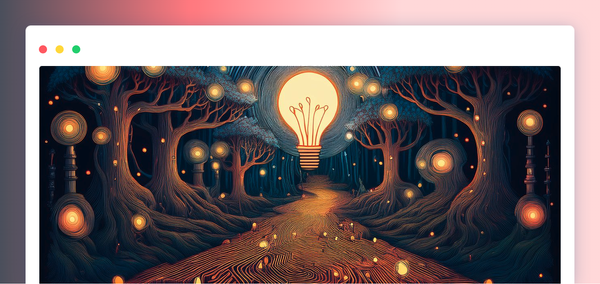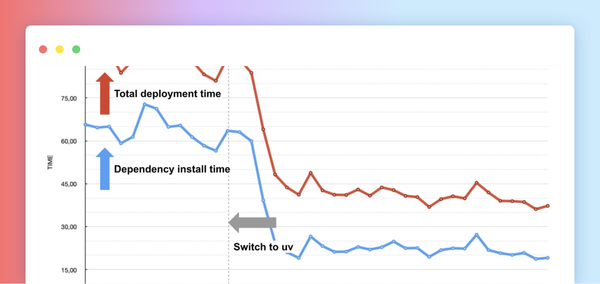Soon after Streamlit launched in 2019, the community started asking for ways to add statefulness to their apps. Hacks for Session State have been around since October 2019, but we wanted to build an elegant solution that you could intuitively weave into apps in a few lines of code. Today we're excited to release it!
You can now use Session State to store variables across reruns, create events on input widgets and use callback functions to handle events. This powerful functionality helps create apps which can:
- Perform data/image annotation
- Support Pagination
- Add widgets that depend on other widgets
- Build simple stateful games like Battleship, Tic Tac Toe, etc.
- And much more - all of this with the simplicity of writing apps that are Python scripts!
💡 If you want to jump right in, check out our demo to see some of the above apps in action or head to the docs for more detailed info on getting started.
Add State to your App
In Streamlit, interacting with a widget triggers a rerun and variables defined in the code get reinitialized after each rerun. But with Session State, it's possible to have values persist across reruns for those instances when you don't want your variables reinitialized.
For example, here's a simple counter that maintains a count value across multiple presses of an increment button. Each button press triggers a rerun but the count value is preserved and incremented (or decremented) across the rerun:

import streamlit as st
st.title('Counter Example')
# Streamlit runs from top to bottom on every iteraction so
# we check if `count` has already been initialized in st.session_state.
# If no, then initialize count to 0
# If count is already initialized, don't do anything
if 'count' not in st.session_state:
st.session_state.count = 0
# Create a button which will increment the counter
increment = st.button('Increment')
if increment:
st.session_state.count += 1
# A button to decrement the counter
decrement = st.button('Decrement')
if decrement:
st.session_state.count -= 1
st.write('Count = ', st.session_state.count)
💡 To continue building on this example, follow along in our Topic Guide: Add State to your App 🤓
The above shows a basic example of how values can persist over reruns, but let's move on to something a little more complex!
Callback functions and Session State API
As part of this release, we're launching Callbacks in Streamlit. Callbacks can be passed as arguments to widgets like st.button or st.slider using the on_change argument.
💡 Curious what a callback is? Wikipedia phrases it well: "a callback, also known as a "call-after" function, is any executable code that is passed as an argument to other code; that other code is expected to call back (execute) the argument at a given time. " Here's a link if you'd like to read more.
With Session State, events associated with changes to a widget or click events associated with button presses can be handled by callback functions. It's important to remember the following order of execution:

Order of Execution: If a callback function is associated with a widget then a change in the widget triggers the following sequence: First the callback function is executed and then the app executes from top to bottom.
Here's an example:

import streamlit as st
def update_first():
st.session_state.second = st.session_state.first
def update_second():
st.session_state.first = st.session_state.second
st.title('🪞 Mirrored Widgets using Session State')
st.text_input(label='Textbox 1', key='first', on_change=update_first)
st.text_input(label='Textbox 2', key='second', on_change=update_second)
In the above, we showcase the use of callbacks and session state. We also showcase an advanced concept, where session state can be associated with widget state using the key parameter.
To read more on this, check out the Advanced Concepts section in the Session State docs and to check out the API in detail visit the State API documentation.
Wrapping up
That's it for the intro to Session State, but we hope this isn't the end of the conversation! We're excited to see how you'll use these new capabilities, and all the new functionalities state will unlock for the community.
To get started, upgrade to the latest release to use st.session_state and callbacks in your apps:
pip install --upgrade streamlit
If you have any questions about these (or about Streamlit in general) let us know below in the comments or on the forum. And make sure to come by the forum or Twitter to share all the cool things you make! 🎈





Comments
Continue the conversation in our forums →